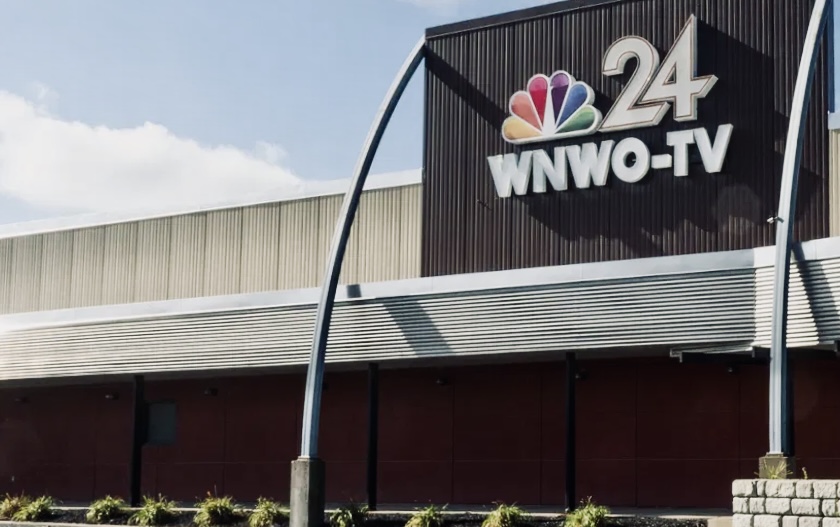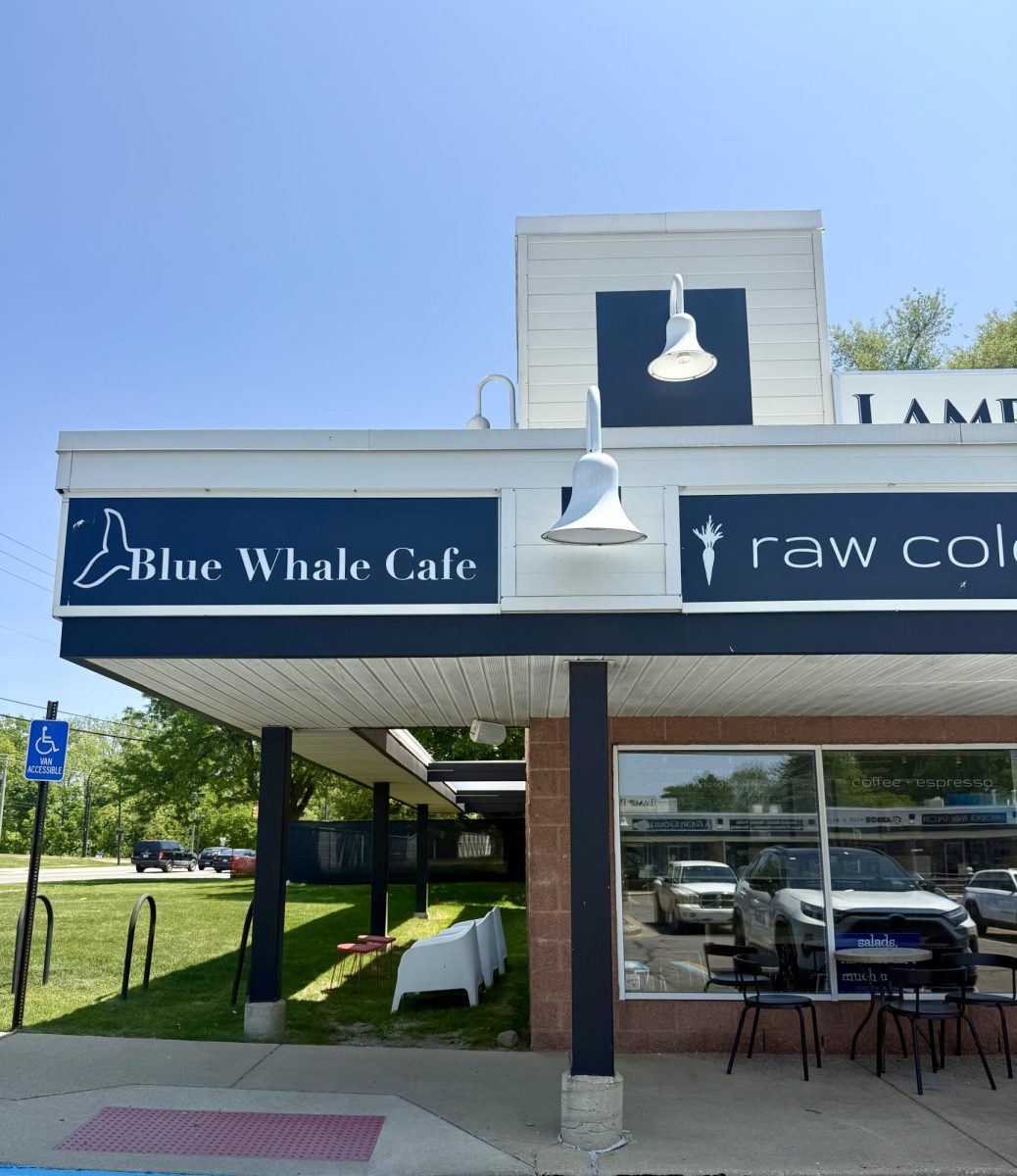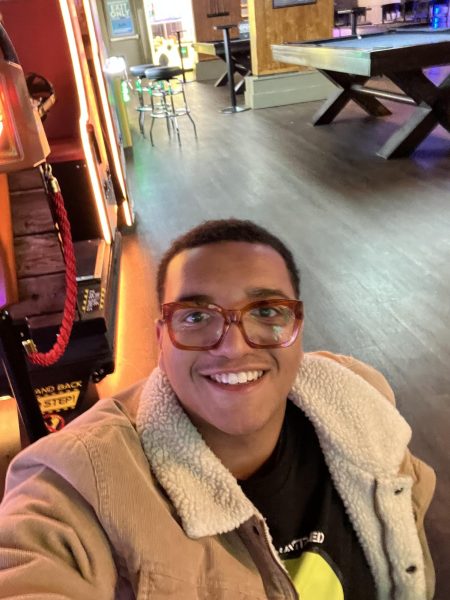The decline of local media has been an ongoing trend in recent years. Since 2021, over 360 newspapers have closed, averaging about 2 closures a week. Local Newspapers and newsrooms have been impacted noticeably, with the majority of all stations in the U.S. now being owned by just a handful of groups: Nexstar, Sinclair, Standard General, and Gray.
The majority of print newspapers are owned by only five companies: Gannett, Lee Enterprises, CNHI and Tribune Publishing. A lot of these local newspapers and stations are in smaller often neglected news markets. Once bought by these large corporations, the newsrooms are stripped of their resources and funding, becoming nothing more than shadow platforms for the company’s larger and more profitable segments.
In the case of local television stations, to comply with FCC regulations, at least a portion of programming to “serve the public’s interest”. Groups like Sinclair would shut down and outsource local news operations often produced by other stations owned by the company using their resources, possibly with a local meteorologist and a handful of reporters still operating at the original facility.
Along with the outsourcing, decreases in news editions and local programming often followed in favor of cheaper and more profitable syndicated programming. Sometimes these groups would cut local programming entirely in favor of national-esque.
One of these programs is the “The National Desk.”
The National Desk is a national news program produced by Sinclair, with stations from around the country. In this way, companies could avoid penalties by simply airing a thirty-second story using a freelance journalist in the area.
One example is WNWO-TV in Toledo, owned by Sinclair Broadcast Group since 2013, which has been struggling for years, often being rated last behind Gray-owned WTVG and Standard General’s WTOL.
WNWO outsourced its news programming in 2016 to South Bend with its weather broadcast still being in Toledo.
In early 2023 the station aired its final locally based news program on May 12. Three days later the station started airing Sinclair’s “The National Desk.” Across America, local media is in decline and contributing to decreases in civic engagement, an increase and misinformation, and a decrease in government accountability. But, there is a solution to this growing problem: Public Radio Stations.
Now hear me out. It might sound crazy to suggest that Radio. The dying medium that has faced the most struggle and difficulty out of any of the forms of local media, that might be the solution to the exacerbating problem that is the deficit in local news media. But the structure that supports Public Radio and the differences from other media in its operational structure is exactly why it’s the solution.
The decline of local news is a complex issue rooted in the shifting landscape of media consumption. Traditional local news outlets and networks have struggled to adapt to the digital age, where online platforms dominate, and advertising revenue has since dwindled. Newspapers and television stations face financial challenges that their owners and the networks that are affiliated with the stations often share. Because of this communities suffer from a lack of crucial information about local events, government activities, and issues affecting their daily lives.
Public radio finds itself in the perfect spot to be the solution as a promising solution in this landscape. Unlike commercial entities that hold these stations as merely for-profit entities, public radio stations often operate as nonprofit organizations, relying on listener support, grants, and community partnerships.
With this, the funding model allows them to prioritize journalistic integrity over sensationalism and maintain a commitment to serving the public interest.
One of the strengths of public radio lies in its ability to offer in-depth reporting that goes beyond the surface-level coverage often seen with newsprints and local news stations owned by large media holding groups.
Public radio journalists have the freedom to delve into complex issues without censorship. Being able to touch on stories that the ownership of some newsrooms would rather leave alone. Providing audiences with a more comprehensive understanding of local matters. This in-depth coverage is vital for an informed citizenry and promotes civic engagement.
Moreover, public radio fosters a sense of community connection. Local radio stations often feature programming that reflects the unique character and concerns of their region. This localized approach helps build a stronger sense of identity and belonging among listeners. In an era where this is lacking, it’s greatly appreciated.
In an age where many media sources are becoming increasingly globalized, public radio stands out by keeping its focus on the immediate concerns of the community. Public radio’s commitment to unbiased reporting, in-depth coverage, and community engagement positions it as a potential remedy for the decline of local news. By embracing this platform, communities and residents alike can ensure they receive accurate, relevant, and comprehensive information that empowers them to actively participate in local affairs.










